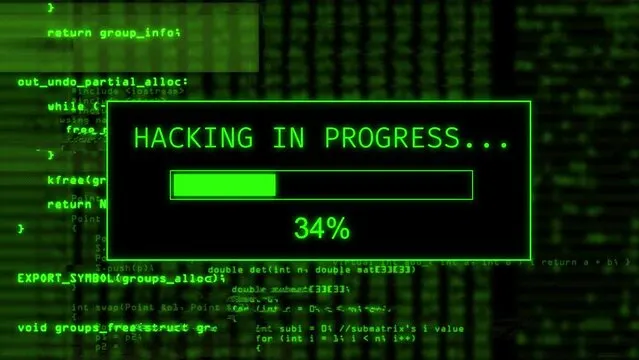You’ve seen it in movies—dark room, black hoodie, green text flashing on the screen, and suddenly, “I’m in.” But hold on! That’s not real hacking. Sure, you could sit in the dark, wear a hoodie, and stare at a terminal until your eyes hurt (and your mom yells at you—trust me, mine did). But hacking is so much more than that.
So, what is hacking?
At its core, hacking is about finding vulnerabilities in systems and exploiting them to gain access, information, or control. A vulnerability could be a misconfiguration, a coding error, or even an unintended use of a system’s features. The exploitation is the method you use to take advantage of that flaw. The reward? Maybe elevated access, stolen passwords, or just crashing the system for fun.
Wait, what?
Okay, technical definitions aside, hacking is simply making things work in ways they weren’t meant to. Ever opened a soda bottle without an opener? Congrats, you hacked it! (P.S. Not sponsored by Coca-Cola… or am I? [Vsauce music plays].)
Contrary to the Hollywood image, hacking isn’t just smashing keys on a keyboard. It involves reading code, studying documentation, researching, and—most importantly—thinking outside the box.
The Vast World of Cybersecurity
Hacking is a massive field, and if you dive in without direction, it’s easy to get overwhelmed. There are countless domains within cybersecurity, and trying to learn everything at once can be discouraging.
 Here’s a quick breakdown of major cybersecurity roles:
Here’s a quick breakdown of major cybersecurity roles:
-
Security Engineer – Designs and reviews secure systems, including networks, cloud security, and application development.
-
Security Operations (SecOps) – Focuses on preventing, detecting, and responding to cyber threats.
-
Threat Intelligence – Analysts who track cyber threats, requiring deep knowledge of security and networking.
-
Risk Assessment (Red & Blue Teams) – The “attackers” (Red Team) and “defenders” (Blue Team) who test and secure systems.
-
Governance & Compliance – The rule-makers who handle policies, audits, and regulatory standards.
Why Do We Need Hackers?
Because nothing is perfect. Humans build systems, and humans make mistakes. Hackers—the ethical ones—find and fix those mistakes before malicious actors exploit them.
Speaking of which, not all hackers are the same:
-
Unethical Hackers – Use their skills for personal gain, often illegally.
-
Ethical Hackers – Work legally to protect systems and prevent breaches.

How Do I Get Started?
There’s no single “right” path, but here’s a solid starting point:
1. Networking Basics
Everything connects—so understanding how data moves (IPs, MAC addresses, protocols) is crucial.
📌 Resources:
2. Linux & The Terminal
Hacking often means working in a text-based environment. Get comfortable with Linux!
📌 Resource: Linux Journey
3. Learn a Programming Language
To break something, you must first understand how it’s built. Python is a great starting point.
📌 Resources:
4. Hands-On Practice
 Time to test your skills!
Time to test your skills!
📌 Platforms:
5. Join a Community
Discord, Telegram, IRC—find a group where you can learn, ask questions, and grow.
Final Tips
✔ Don’t stress certifications—focus on learning.
✔ Avoid burnout—learn multiple things in parallel.
✔ Embrace failure—it means you’re trying!
For a curated list of resources, check out: 📖 CyberHub 🔗 Pandora GitHub Repo 📖 Texts of Athena (GitBook)
Special thanks and credits to my friends for their support.
Now go out there—learn, explore, and happy hacking! 🚀
References & Credits
-
Images courtesy: iamavu
Got questions? Feel free to reach out!

Comments